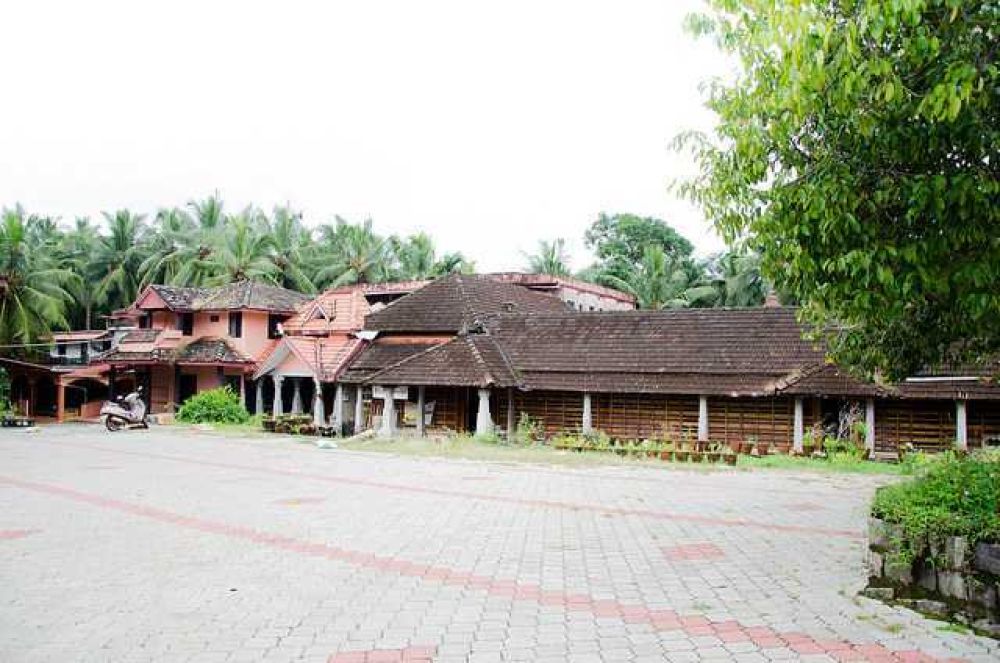

The cultural and spiritual fabric of Pajaka Kshetra is deeply intertwined with the history of Udupi, a city renowned for its religious fervor and temple complexes in the state of Karnataka, India. Pajaka is the birthplace of the revered Vaishnavite saint Sri Madhvacharya, the founder of the Dvaita philosophy. This serene village is cradled in the lush countryside of the Karnataka region and has been a focal point of pilgrimage throughout the centuries.
Tourism in Pajaka has historically been driven by its religious significance. Over the years, the village has attracted scholars, devotees, and tourists alike who come to pay homage to the spiritual legacy of Sri Madhvacharya. The development of the Madhva Mantapa and the installation of the statue of Madhvacharya have been crucial in anchoring Pajaka Kshetra as an essential spiritual destination.
Key attractions in Pajaka that appeal to the historical and spiritual tourist include the ancestral home of Sri Madhvacharya, which is now converted into a museum showcasing his life and works. The ancient Banyan tree under which Madhvacharya used to play as a child, and the Parashurama Temple nearby, further contribute to the area's religious allure.
The Pajaka Kshetra is also famed for its impressive Hanuman Temple, believed to have been established by Madhvacharya himself. The temple stands as a testament to the enduring spiritual traditions that continue to draw pilgrims to this day.
Recognizing the potential of religious tourism, the Karnataka government, alongside various religious trusts, has invested in developing the infrastructure of Pajaka and the wider Udupi region. This has made the area more accessible to visitors from across the globe, offering facilities for accommodation, dining, and local transportation.
There has been a discernible shift in recent years towards a more holistic tourism experience. Visitors are not only interested in the spiritual dimension but are also keen to explore the local culture, cuisine, and natural beauty surrounding Pajaka Kshetra. Ecotourism and cultural tours are gaining popularity, with tourists seeking to immerse themselves in the rich biodiversity and heritage of the region. The annual Paryaya Festival in Udupi is another major draw, showcasing the vibrant rituals and traditions associated with the Udupi Krishna Temple.
The continued development of Pajaka as a spiritual and cultural center is likely to enhance its status as a significant destination for religious and heritage tourism in Karnataka. With a focus on sustainable tourism practices, Pajaka Kshetra is poised to become an even more attractive destination for tourists seeking solace, spirituality, and a touch of South Indian cultural charm.
If you're planning to visit Pajaka Kshetra, it's advisable to align your trip with the festivals and events in Udupi to experience the destination's full spiritual and cultural vibe. Regardless of when you choose to visit, Pajaka Kshetra offers a serene environment ideal for reflection, learning, and reconnecting with India's profound spiritual heritage.